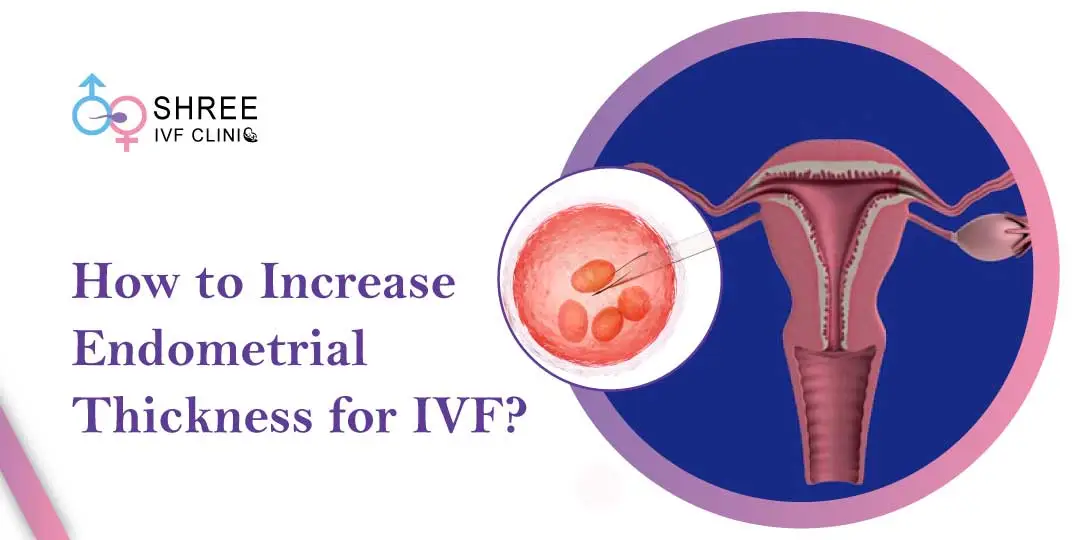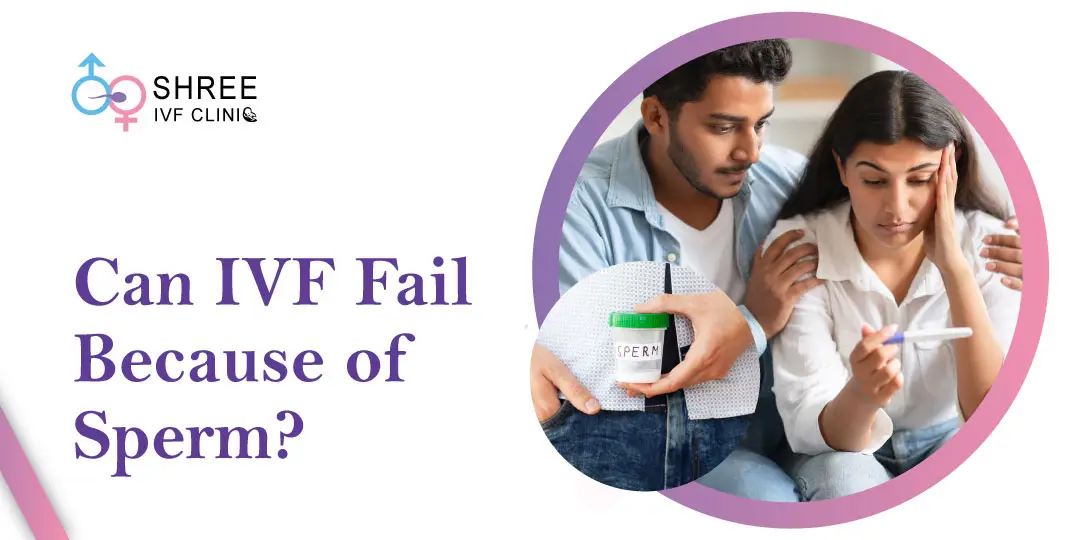Can IVF be done without injections?
UPDATED ON 22 APR. 2023
In Vitro Fertilization (IVF) is a process where an egg is fertilized by sperm outside of the womb. The fertilized egg, or embryo, is then transferred back into the woman’s uterus in order to implant and grow.
IVF treatment can be used for a number of reasons including infertility, difficulty becoming pregnant, or recurrent miscarriages. One important part of IVF treatment are the injections that are used.
In this blog post we will discuss the different types of injections used in IVF and their purposes. Stay tuned for more information on this topic!

AUTHOR
Dr Jay Mehta
Scientific Director & IVF Specialist with 10+ years of experience
TREATMENT
GET IN TOUCH ON
Why injections are given in IVF?
Injections are given during IVF treatment for a few different reasons. The first reason is to stimulate the ovaries to produce multiple eggs. This is important because it increases the chances of fertilization and successful pregnancy.
The second reason injections are given is to trigger ovulation. This is important because it timing of the egg retrieval and embryo transfer procedures need to be precise in order for the IVF treatment to be successful.
The third reason injections are given is to thin the lining of the uterus. This helps to prevent implantation problems and increases the chances of pregnancy
The types of injections that are given depend on the individual’s IVF treatment plan.
Injections used in IVF treatment
There are a few different types of injections that may be used during IVF treatment. The first type of injection is used to stimulate the ovaries to produce multiple eggs. This injection is typically given once a day and starts on the second or third day of a woman’s menstrual cycle
The second type of injection is used to trigger ovulation, or the release of an egg from the ovary. This injection is given 36 hours before the egg retrieval procedure
The third type of injection is used to thin the lining of the uterus. This helps to prevent implantation problems and increases the chances of pregnancy. This injection is given 5-7 days before the embryo transfer procedure.
How Many Injections are Required for IVF?
The number of injections required for IVF treatment varies from patient to patient. The type and dosage of medication used will be determined by the patient’s individual circumstances
In general, most patients will require 1-2 injections per day during the ovulation stimulation phase of their treatment cycle. Patients will also usually require 1 injection prior to the egg retrieval procedure and 1 injection prior to the embryo transfer procedure
The number of injections required for IVF treatment is just one part of the process. It is important to remember that each patient’s treatment plan is unique and tailored to their individual needs. If you have any questions about your specific treatment plan, please be sure to ask your doctor or fertility specialist.

4,190+
364K
” Every individual and couple’s journey is unique, and
finding the right solutions tailored to their specific
circumstances can make all the difference “
What are the side effects of IVF injections?
The side effects of IVF injections vary depending on the type of injection and the individual. Some common side effects of IVF injections include:
- Bloating
- Mood swings
- Hot flashes
- Headaches
- Breast tenderness
- Nausea
It is important to discuss any potential side effects with your doctor before starting IVF treatment.
How are the IVF Injections Scheduled?
The IVF injections are scheduled based on the individual’s treatment plan. The first injection is typically given on the second or third day of a woman’s menstrual cycle. The remaining injections are scheduled based on the timing of the egg retrieval and embryo transfer procedures
It is important to follow the schedule provided by your doctor or fertility specialist. Do not change the injection schedule without first discussing it with your medical team.
If you have any questions about IVF injections, you can contact our doctor. In our clinic, We have doctors who are skilled and experienced. We have the best IVF doctor in Mumbai.
AUTHOR
Dr Jay Mehta
Scientific Director & IVF Specialist with 10+ years of experience
TREATMENT
CALL US 24/7 FOR ANY HELP
GET IN TOUCH ON
Share Article on
Recommended Reading
How to Increase Endometrial Thickness for IVF?
To increase endometrial thickness for IVF, oral estrogens are commonly used. However, in certain situations, additional procedures such as Autologous Stem Cell Therapy of the Endometrium may be required
How to prevent weight gain after failed IVF?
Combat post-IVF weight gain with holistic health tips. Manage hormones, eat well, and exercise. Prioritize self-care and emotional support
Can IVF Fail Due to Sperm?
IVF may fail due to sperm issues, affecting fertilization success despite other factors being optimal in the process.








